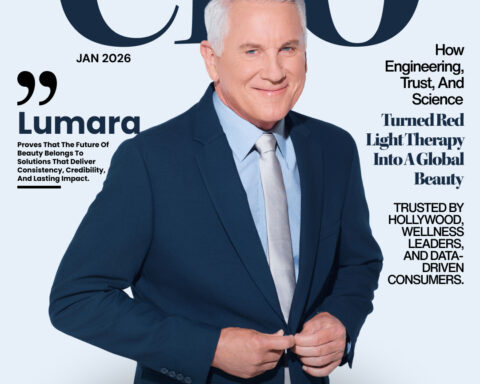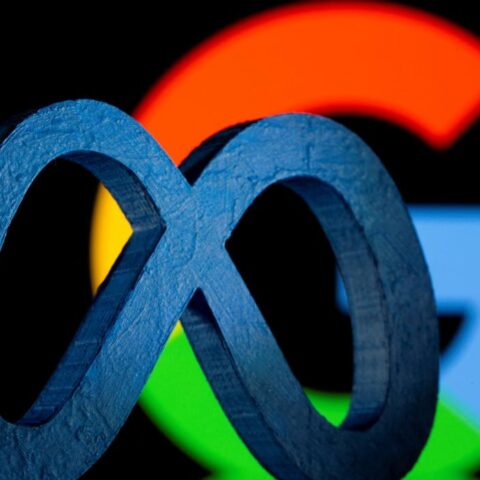Starting December 16, user interactions with Meta AI will help fuel more personalized advertising and content recommendations
Meta is preparing to take its advertising business a step further by tapping into what users tell its artificial intelligence chatbot. Beginning December 16, conversations and interactions with Meta AI across Facebook, Instagram, WhatsApp, and the standalone Meta AI app will be used to refine the ads and content users see.
The move means that if you chat with Meta’s AI about planning a hiking trip, you may later encounter ads for hiking gear on Instagram, or see more hiking-related posts in your feed. While the change aims to make user experiences more relevant, it also raises questions about privacy, especially as many people use chatbots to discuss personal or sensitive issues.
“Just like other personalized services, we tailor the ads and content you see based on your activity, ensuring that your experience evolves as your interests change,” Meta said in a blog post announcing the change. “Soon, interactions with AIs will be another signal we use to improve people’s experience.”
Balancing Personalization and Privacy
Meta emphasized that conversations touching on sensitive areas — including religion, sexual orientation, politics, health, race, ethnicity, or union membership — will not be used to deliver targeted ads. This aligns with the company’s broader ad-targeting policies. However, the update increases pressure on Meta to ensure private or delicate discussions do not inadvertently influence users’ content feeds in harmful ways.
The company’s advertising model is already one of the most profitable in the world. In the most recent quarter, Meta earned $46.5 billion in ad revenue, up 21% year-over-year. With shares up nearly 20% in 2025, Meta’s market value stands at $1.8 trillion as of October 1.
Meta AI, which the company says has one billion monthly users, will now play a central role in fueling this advertising engine.
A Shift Toward Shopping via Chatbots
Meta’s pivot comes as Silicon Valley increasingly sees chatbots as the future of online shopping. Instead of searching on Google or browsing social media, consumers may increasingly rely on AI assistants to recommend — or even purchase — products directly. Meta’s rival OpenAI recently introduced shopping capabilities within ChatGPT, though its business model does not rely on ads.
Meta users will still have some control over ad targeting. Tools such as “ad preferences” allow individuals to add or remove topics, and similar settings exist for curating content across Facebook and Instagram.
Past Concerns and a New Feed
The announcement follows earlier controversies around Meta AI. Shortly after its launch, some users were embarrassed when private conversations about personal issues inadvertently appeared on public feeds. Meta later added a warning pop-up, and last week replaced its AI conversation feed “Discover” with a new feature called “Vibes” — a scrollable feed of user-created, AI-generated videos.
Now, with the December change, even your activity on Vibes may influence the ads you see. Watch too many AI-generated dog videos, and you might soon find your Instagram feed filled with dog food promotions.
The Bigger Picture
With its unparalleled scale, Meta is uniquely positioned to blur the lines between AI interaction, entertainment, and commerce. The decision to leverage chatbot conversations for targeted ads underscores both the immense opportunity in AI-driven personalization and the challenges of protecting user trust in an era where private conversations can quickly turn into data points for profit.




















